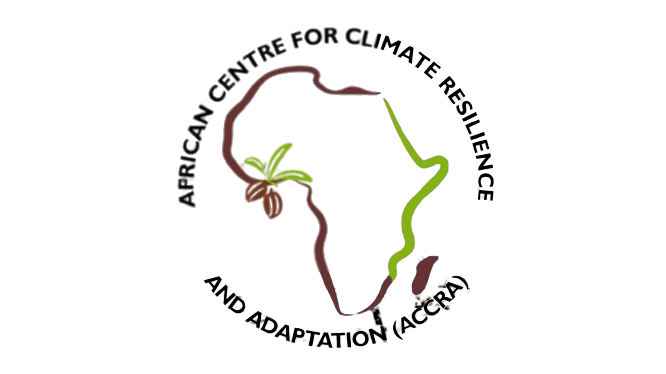The agricultural sector employs about 60% of the population in Africa and accounts for at least 30% of Gross Domestic Products (GDP) in most countries. The continent is adversely impacted by climate hazards. Whilst farming is negatively impacted by climate change, the sector also contributes to greenhouse gas emissions. The sector is made up of mainly smallholder farmers who rely on rainfed farming and are highly vulnerable to climate related events, such as droughts, floods and tropical cyclones.

Traditionally, the agriculture sector is characterized by low productivity due to numerous production constraints including: (i) high dependence on rainfall with low investments in irrigation facilities; (ii) low use of contemporary production inputs such as high-yielding seeds, fertilizers and appropriate agro-chemicals; (iii) predominant use of rudimentary production tools and cultural practices; (iv) high level of post-harvest losses, especially in the rural areas; (v) limited or non-existent agricultural extension services in most areas; (vi) Untimely access to, and high cost of inputs (especially for the youth and women); and (vii) lack of access to sustainable marketing. These constraints are exacerbated by the events of climate change and its worsening negative impacts in recent times. Delma Farms collaborate with ACCRA in promoting sustainable agriculture and trains farmers in climate smart agriculture.

